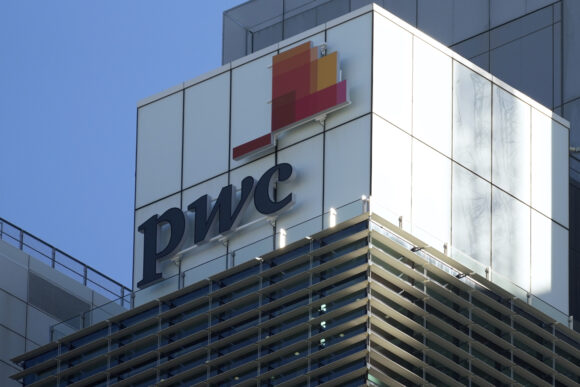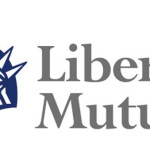Australia will drastically toughen penalties against promoters of dodgy tax schemes and beef up regulatory powers under reforms announced on Sunday in response to a scandal over the use of leaked fiscal plans by PwC Australia.
The leak of the confidential government documents, by a former partner at the professional services firm, was revealed in January.
It caused a scandal that has forced out 12 PwC Australia partners, including the chief executive, triggered the sale of its lucrative government consulting wing for $A1, and embroiled clients Google, Uber and Facebook.
PwC Australia Asset Sale Unlikely to Repair Firm’s Tarnished Reputation: Experts
Bills to be introduced this year would raise the maximum penalty for promoting tax exploitation schemes 100-fold to A$780 million ($510 million) and make prosecution easier by expanding how the rules, which have only been used six times, are applied, according to a government statement.
PwC Australia was not fined for the breach under the existing rules, and the changes will not applied retroactively, a Treasury spokesperson told Reuters.
“The PwC scandal exposed severe shortcomings in our regulatory frameworks,” said the statement from the ministers for treasury and finance and the attorney general.
“We‘re cracking down on misconduct to rebuild people‘s faith in the systems and structures that keep our tax system and capital markets strong.”
PwC Australia would digest the announcements carefully and work with government and regulators to “enhance overall regulation of our industry,” a spokesperson said in a statement.
A former PwC partner, Peter Collins, who advised the Australian government on anti-tax avoidance laws between 2013 and 2018, shared confidential drafts with colleagues about the government’s plans, which were then used to drum up business with multinational companies.
The Australian Tax Office (ATO) foiled several attempts by companies to subvert the 2016 Multinational Anti-Avoidance Law but was frustrated in its subsequent investigation by “highly ambitious if not false” legal privilege claims from PwC Australia.
Collins and PwC Australia were not penalized until late 2022 by a separate agency that regulates tax agents, the Tax Practitioners Board, after police said there was insufficient information for them to act. The ATO has since told lawmakers tax secrecy laws made it difficult to share the information needed to pursue a case.
The new package of reforms would tweak these secrecy laws, strengthen whistleblower protections and give tax regulators more time to investigate and bring cases to court.
A review that will deliver recommendations over the next two years will look into broader questions raised by the scandal, including how large consulting and accounting firms are regulated, the use of legal professional privilege claims and new threats to the tax system.
($1 = 1.5223 Australian dollars)
(Reporting by Lewis Jackson; editing by William Mallard and John Stonestreet)
Photograph: Signage appears on the Australian head office building of PricewaterhouseCoopers in Sydney, on Monday, June 26, 2023. (AP Photo/Rick Rycroft)
Topics Australia
Was this article valuable?
Here are more articles you may enjoy.



 Security First Accountant Charged with Siphoning $1.4M Through Fake Invoices
Security First Accountant Charged with Siphoning $1.4M Through Fake Invoices  Political Violence in Polarized US at Its Worst Since 1970s
Political Violence in Polarized US at Its Worst Since 1970s  Liberty Mutual Posts Q2 Loss of $585M Driven By Catastrophes
Liberty Mutual Posts Q2 Loss of $585M Driven By Catastrophes  Zurich American Off the Hook on Harvard’s Legal Costs in Affirmative Action Case
Zurich American Off the Hook on Harvard’s Legal Costs in Affirmative Action Case 

